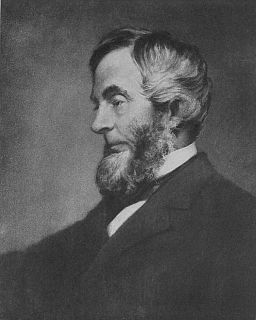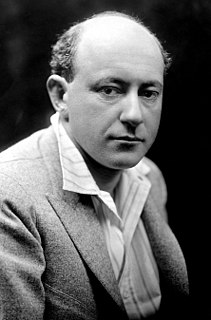A Quote by George Stillman Hillard
If liberty with law is fire on the hearth, liberty without law is fire on the floor.
Related Quotes
Freedom cannot always continue in comfort and convenience, cannot be assured without sacrifice, without truth and decency, without willingness to work, without downright honesty and honor, and readiness to keep the commandments and live within the law...there is no liberty without a real respect for law; no liberty if we forget God, or fail to remember the principles on which freedom is founded.
Liberty is to faction, what air is to fire, an aliment without which it instantly expires. But it could not be a less folly to abolish liberty, which is essential to political life, because it nourishes faction, than it would be to wish the annihilation of air, which is essential to animal life, because it imparts to fire its destructive agency.
Liberty lies in the hearts of men and women; when it dies there, no constitution, no law, no court can save it ... The spirit of liberty is the spirit which is not too sure that it is right; the spirit of liberty is the spirit which seeks to understand the minds of other men and women; the spirit of liberty is the spirit which weighs their interests alongside its own without bias.
For Dicey, writing in 1885, and for me reading him some seventy years later, the rule of law still had a very English, or at least Anglo-Saxon, feel to it. It was later, through Hayek's masterpieces "The Constitution of Liberty" and "Law, Legislation and Liberty" that I really came to think this principle as having wider application.
Man has made 32 million laws since THE COMMANDMENTS were handed down to Moses on Mount Sinai more than three thousand years ago, but he has never improved on God's law. THE TEN COMMANDMENTS are the principles by which man may live with God and man may live with man. They are the expressions of the mind of God for His creatures. They are the charter and guide of human liberty, for there can be no liberty without the law.
If by the liberty of the press were understood merely the liberty of discussing the propriety of public measures and political opinions, let us have as much of it as you please: But if it means the liberty of affronting, calumniating and defaming one another, I, for my part, own myself willing to part with my share of it, whenever our legislators shall please so to alter the law and shall chearfully consent to exchange my liberty of abusing others for the privilege of not being abused myself.
There must be a law if there is to be liberty. Try to play a piano and you will run into laws as fixed as the decrees of the Medes and Persians. But through those statutes you reach the songs, drudgery leads to delight. The law of Christ brings the liberty of Christ. Keep His statutes, and they become songs. The other side of commandment is conquest. What seems restraint to the outsider means release to you.

































